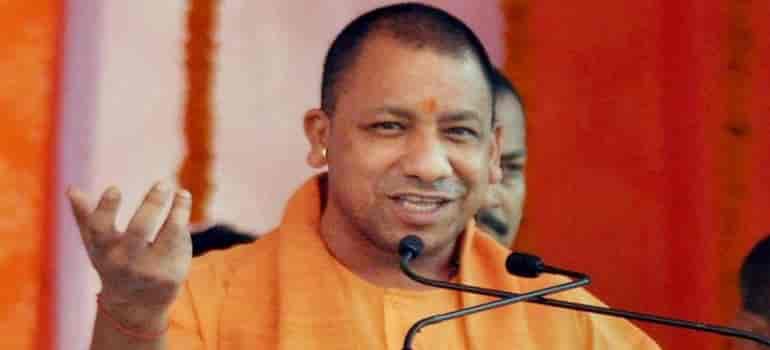The Yogi Adityanath administration has unveiled a three-pronged policy for the production of new electric vehicles in an effort to accelerate the adoption of environmentally friendly clean mobility solutions and foster an EV-friendly ecosystem in Uttar Pradesh.
The primary goal of the strategy is to make Uttar Pradesh a global centre for the production of electric vehicles, batteries, and related equipment in addition to developing an eco-friendly transportation infrastructure in the state.
By utilising its potential and prospects in the EV industry, the policy also hopes to help the state achieve its goal of having a trillion-dollar economy.
The programme outlines a three-pronged attractive incentive system that includes incentives for EV buyers, EV battery makers, and related component manufacturers, as well as service providers creating charging and swapping facilities.
The government spokesman claims that the programme offers customers alluring discounts in an effort to expand the electric vehicles market in the state.
On all types of electric vehicles bought and registered in Uttar Pradesh during the first three years of the policy’s effective term, 100% of road taxes and registration fees will be exempted.
All EV segements will be eligible for the same exemption in the fourth and fifth years if the vehicle is bought, registered, and built in Uttar Pradesh.
Additionally, the policy offers a tempting Purchase Subsidy Scheme with a total budget outlay of Rs 500 crore, which would be announced for a duration of one year on all the electric vehicle sectors.
This includes 15 per cent subsidy on factory cost for purchasing two-wheeler EV up to maximum Rs 5,000 per vehicle subject to first 2 lakh EVs purchased; up to maximum Rs 12,000 per three-wheeler EV subject to maximum first 50,000 such EVs purchased; up to Rs 1 lakh per four-wheeler electric vehicle subject to maximum of first 25,000 EVs purchased; up to Rs 20 lakh per E-Bus (non-government) subject to maximum of first 400 such E-Buses; and 10 per cent subsidy on factory cost for purchasing E-Goods Carriers up to Rs 1,00,000 per vehicle to maximum first 1000 E-Goods Carriers purchased.
The state government will also permit advance payments for EV purchases made by government personnel, who will be encouraged to do so.
Additionally, the programme includes allowing clauses to draw substantial investments in the production of EV batteries.
The new policy provides capital subsidy at the rate of 3 per cent on investment subject to maximum Rs 1,000 crore per project to maximum first two Ultra Mega battery projects, investing Rs 1,500 crore or more each for setting up battery manufacturing plants in the State of minimum production capacity of 1 GwH.
While major projects are eligible for capital subsidies up to a maximum of Rs 90 crore per project, MSME projects are only eligible for subsidies up to a maximum of Rs 5 crore per project.
In addition, the policy reimburses manufacturers for stamp duty at a rate of 100% for Integrated EV projects and Ultra Mega Battery projects for establishing facilities anywhere in the State, at a rate of 100% in Purvanchal and Bundelkhand region, at a rate of 75% in Madhyanchal and Pashchimanchal and at a rate of 50% in Ghaziabad and Gautam Buddha Nagar district for Mega/ Large/ MSME projects.
Additionally, incentives have been offered for the establishment of Centers of Excellence (CoE) by government organizations, PSUs, or private businesses in the area of electric vehicles, in the form of grants totaling 50%, subject to a maximum of Rs 10 crore per project and a maximum of 5 such initiatives.


